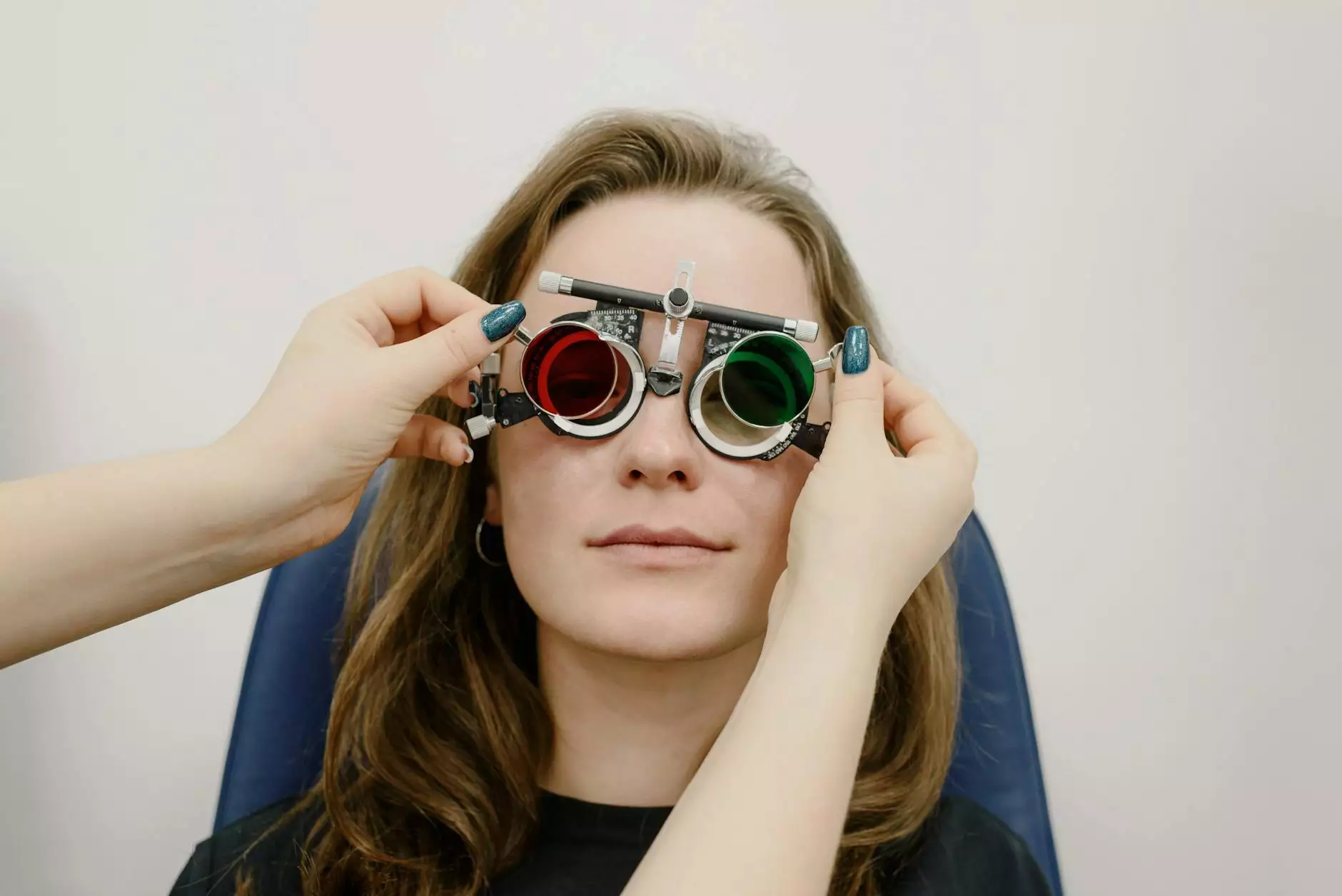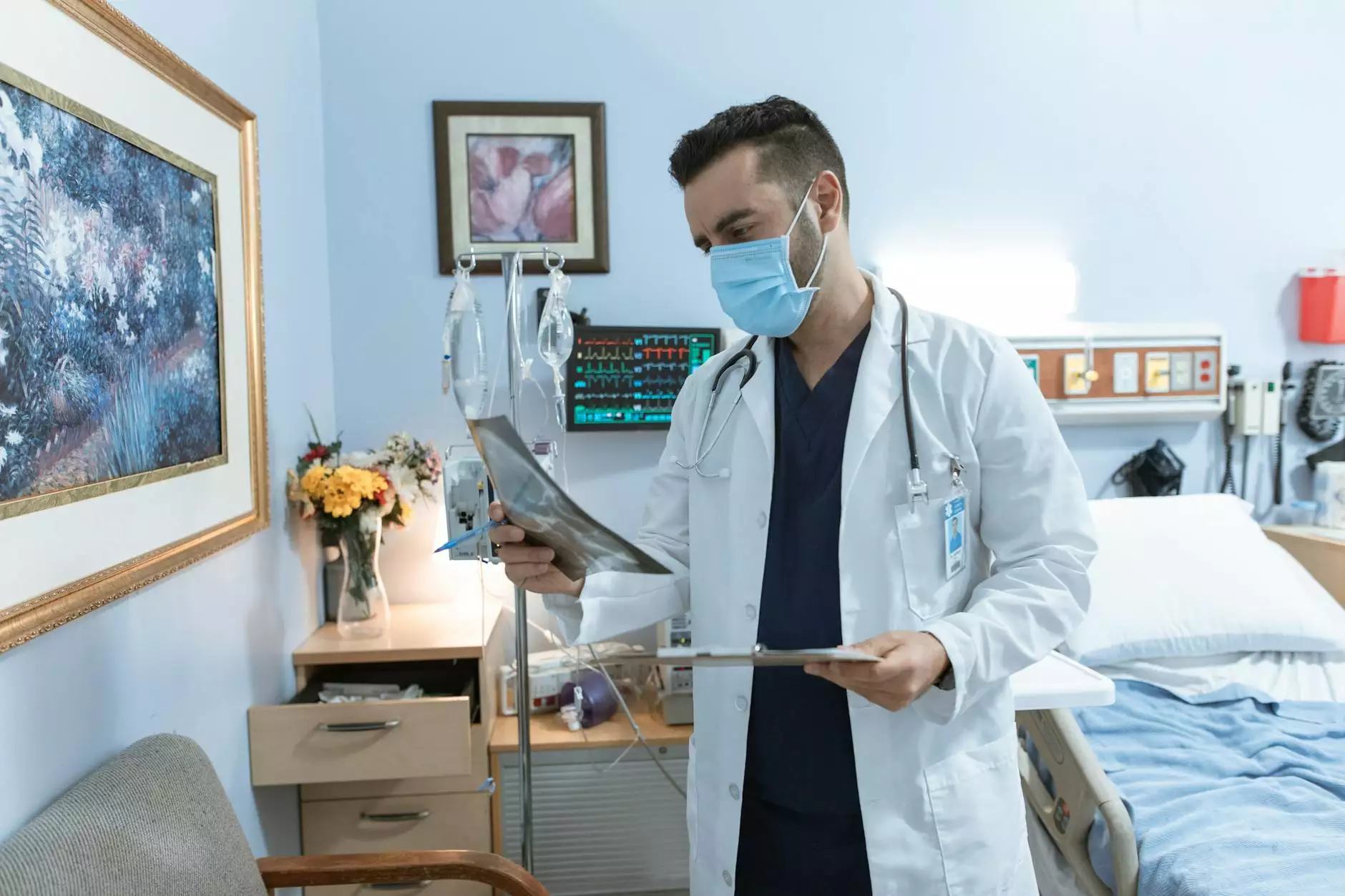Welcome to Norton Community Medical Associates - Lewy Body Dementia Services in Louisville
Health Equity
Understanding Lewy Body Dementia
Lewy Body Dementia (LBD) is a progressive neurodegenerative disorder that affects millions of individuals worldwide. At Norton Community Medical Associates (NCMA), we specialize in providing comprehensive neurosciences services for patients dealing with Lewy Body Dementia in the Louisville area.
What is Lewy Body Dementia?
Lewy Body Dementia is characterized by the presence of abnormal protein deposits, known as Lewy bodies, in the brain. These deposits disrupt the normal functioning of brain cells, leading to a decline in cognitive abilities, motor function, and behavior.
Causes and Risk Factors
The exact causes of Lewy Body Dementia are still not fully understood. However, researchers believe that a combination of genetic and environmental factors play a role in its development. Some known risk factors include:
- Age: LBD primarily affects individuals over the age of 60
- Family history: Having a family member with LBD increases the risk
- Genetics: Certain gene mutations have been associated with an increased risk
- Neurochemical imbalances: Changes in brain chemicals can contribute to LBD
Signs and Symptoms
Lewy Body Dementia is characterized by a wide range of symptoms that can vary from person to person. Common signs and symptoms include:
- Fluctuating cognition: Individuals may experience sudden changes in alertness and attention
- Visual hallucinations: Seeing things that are not there, often in vivid detail
- Motor symptoms: Parkinsonism, including stiffness, tremors, and difficulty with balance
- Sleep disturbances: Rapid Eye Movement (REM) sleep disorder and excessive daytime sleepiness
- Mood and behavior changes: Depression, anxiety, agitation, and apathy
Diagnosis
Diagnosing Lewy Body Dementia can be challenging as its symptoms overlap with other neurodegenerative disorders. Our experienced team of neurologists utilizes a comprehensive approach to evaluate patients suspected of having LBD. Diagnostic methods may include:
- Medical history and physical examination
- Neuropsychological testing to assess cognitive function
- Brain imaging, such as Magnetic Resonance Imaging (MRI) or Positron Emission Tomography (PET) scans
- Monitoring of symptoms over time to identify characteristic patterns
Treatment Options
While there is currently no cure for Lewy Body Dementia, various treatments can help manage its symptoms and improve the quality of life for patients and their families. Our team at NCMA collaborates with specialists from different disciplines to create personalized treatment plans. Treatment options may include:
- Medications: Cholinesterase inhibitors, which can improve cognitive function and psychiatric symptoms
- Physical therapy: Exercises and techniques to improve mobility and manage motor symptoms
- Occupational therapy: Strategies to optimize daily living activities
- Speech therapy: Techniques to address swallowing and communication difficulties
- Supportive services: Counseling, support groups, and caregiver education
Dealing with Lewy Body Dementia
A diagnosis of Lewy Body Dementia not only affects the individual but also their loved ones. It is essential to have an extensive support system in place. At NCMA, we offer a range of resources to assist patients and their families throughout their journey, including:
- Caregiver support groups: Opportunities to connect and share experiences with others
- Education and information sessions: Understanding the disease and learning effective caregiving strategies
- Community resources: Referrals to local organizations specializing in dementia care
Contact Us
If you or a loved one is seeking specialized Lewy Body Dementia services in Louisville, Norton Community Medical Associates is here to help. Contact our dedicated team to schedule a consultation or to learn more about our comprehensive neurosciences services.
Disclaimer: The information provided on this page is intended for educational purposes only and should not be used as a substitute for medical advice. Please consult with a healthcare professional for proper diagnosis and treatment options.



